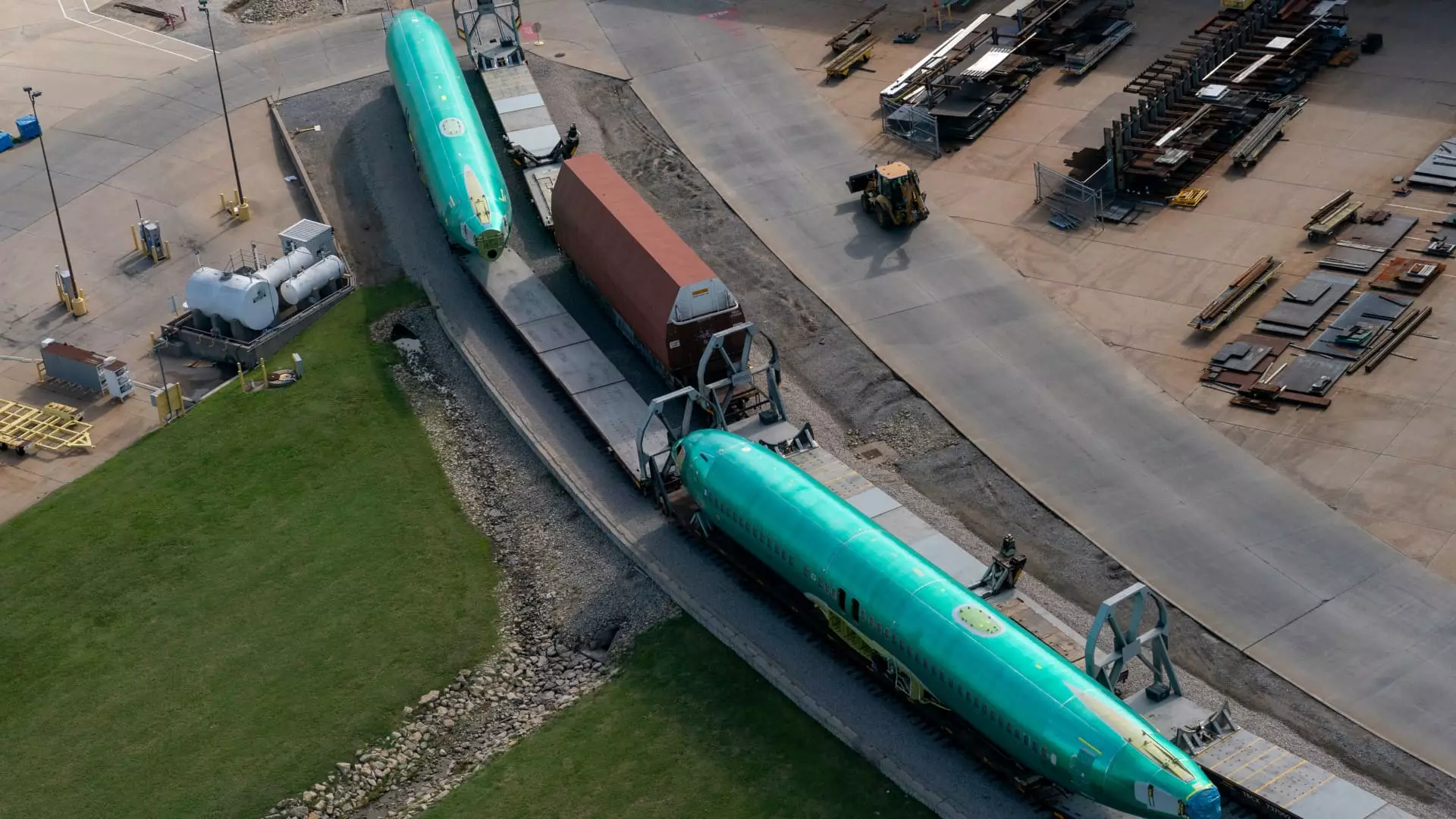Spirit AeroSystems is currently navigating an increasingly fragile situation as a consequence of the protracted strike by Boeing machinists. As the strike enters its sixth week, Spirit is contemplating laying off or furloughing hundreds more employees if the labor dispute extends past November 25. The strike has already halted the production of most Boeing aircraft, particularly affecting operations in the Seattle region, which is crucial for the aerospace supply chain.
Boeing’s machinists voted overwhelmingly, with 64% opposing a newly proposed labor agreement, thereby elongating the work stoppage initiated on September 13. This decision has significant ramifications for various suppliers, including Spirit, which plays a vital role in manufacturing fuselages for Boeing’s 737 Max and other critical aircraft components.
Previously, Spirit had announced plans to furlough approximately 700 workers at its Wichita, Kansas facilities, initiating a 21-day furlough period starting as soon as next week. However, the ongoing negotiations and the prospect of a prolonged strike have compelled the company to reassess its workforce strategy, with additional reductions under consideration. This uncertainty leaves many employees apprehensive about their job security, particularly in light of the aerospace sector’s vulnerability.
Joe Buccino, a spokesperson for Spirit, underscored that no definitive decision regarding additional furloughs has been made yet. This reflects a critical balancing act for Spirit as it attempts to safeguard its operations while managing the fallout from Boeing’s labor-related challenges. The aerospace supply chain has already been under strain from previous disruptions, and this latest setback serves to exacerbate the existing vulnerabilities.
The extended strike poses challenges not only to Boeing and Spirit AeroSystems but also to the broader aerospace industry. With over 32,000 Boeing machinists striking, the ripple effects are likely to impact other suppliers, such as Airbus, who are also experiencing similar pressures within their supply chains. This interconnectedness highlights the fragility of the industry, particularly as it emerges from previous setbacks during the COVID-19 pandemic.
Many suppliers, including Spirit, had just begun to rebuild their workforces following pandemic-related disruptions. Consequently, there is a collective hesitance across the industry to initiate widespread layoffs, as many recognize the long-term implications of such actions.
Boeing is currently in the process of acquiring Spirit AeroSystems, which is slated for completion next year. However, recent financial results highlight the challenges at hand; Spirit reported a staggering net loss of $477 million in the third quarter, more than double the loss experienced a year prior. This financial strain reinforces the urgency for both Boeing and Spirit to resolve labor disputes swiftly to stabilize operations.
Boeing’s new CEO, Kelly Ortberg, has identified reaching an agreement with machinists in the Seattle area as a top priority. The workers’ union has also expressed eagerness to return to negotiations, indicating that both sides recognize the weight of the situation at hand. With production halted and financial pressures mounting, the resolution of this strike is critical not only for the companies directly involved but also for the entire aerospace sector, which is navigating a precarious recovery.

